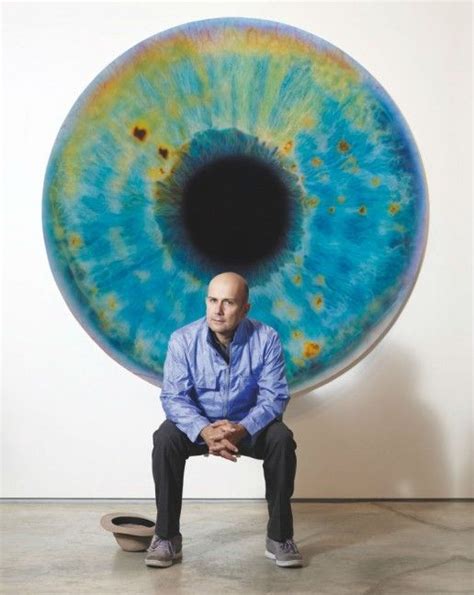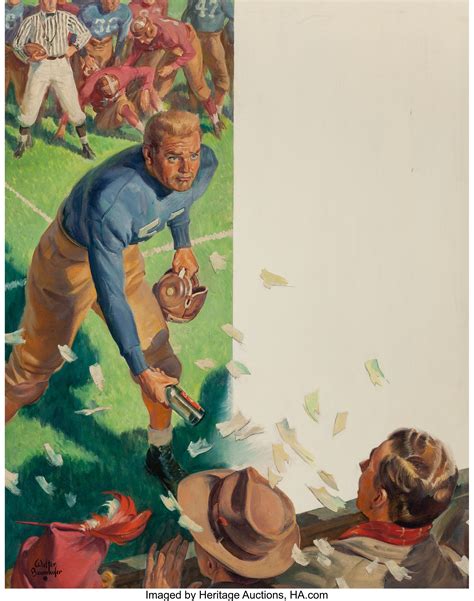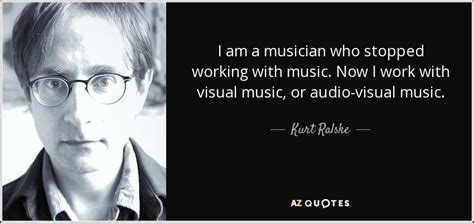A Quote by Teju Cole
Because I'm an art historian, I have some experience of writing that comes out of close attention. That's what really art history is. You're looking at something very closely, and you try to write in a meticulous way about it.
Related Quotes
Contemporary art is based on that an artist is supposed to go into art history in the same way as an art historian. When the artist produces something he or she relates to it with the eye of an art historian/critic. I have the feeling that when I am working it is more like working with soap opera or glamour. It is emotional and not art criticism or history of art.
Art begs you to notice it. Why? Because art is God's way of saying hello. So pay attention to poetry. Pay attention to music. Pay attention to paintings and sculptures and photo exhibits and ballets and plays. Don't let all this go unnoticed. Your world is shouting out to you, revealing something intrinsically glorious about itself. Listen carefully. Love art, the way art loves life.
There are very few good writers about art, and you either get art-fashion writing with trendy views or you get very traditional writing. Occasionally, you get people who can write in an interesting way. Really, I think in a sense art writing needs to be renewed as well. It's in a pretty bad condition.
I mean, part of the justification for art is art history, the fact that you're part of this tradition. You can't really operate outside of it. So looking for what this work is really about, if I look at Velázquez, if I look at Las Meninas or The Tapestry Weavers [1657] or something and really study it and try to figure out what that painting is really about, then I find relationships between what I'm trying to do and what he was doing.
Think about it: you've already related it down to something that somebody else can understand. If art relates to something - it's like Picasso, it's like Mondrian - it's not. Art's supposed to be what it is. Using a reference of art history might help for some kind of sales, but it doesn't really help anybody. Art is what it is; it cannot be footnoted, until it enters the world. Then it has a history. Then the footnotes are the history, not the explanation.
There are so many people who have a training in art history; and if you've spent time looking at old art, you become attuned to what art does through materiality and so you begin to look to that in contemporary art as well. And anyway, I do think that matching one's experience with what you're looking at and questioning what you're looking inevitably involves materiality, just like it involves the sense of place.
What is the art experience about? Really, I'm not interested in making Art at all. I never, ever, think about it. To say the word Art, it's almost like a curse on art. I do know that I want to try to get closer to myself. The older I get, the more indications I have about what it is to get closer to yourself. You try less hard. I just want to be.
Expression is never considered a given, and it is in fact maybe not what's most interesting about making art. Making art, since 1960 or something, is many things: it's a way of doing philosophy, it's a way of opening a dialogue, it's a way of putting a fact or a question out into the world, or a way of drawing people into new relationships, or a way of interrogating history. It's all these other sorts of strategies or techniques or processes that are really interesting and really valuable.



































